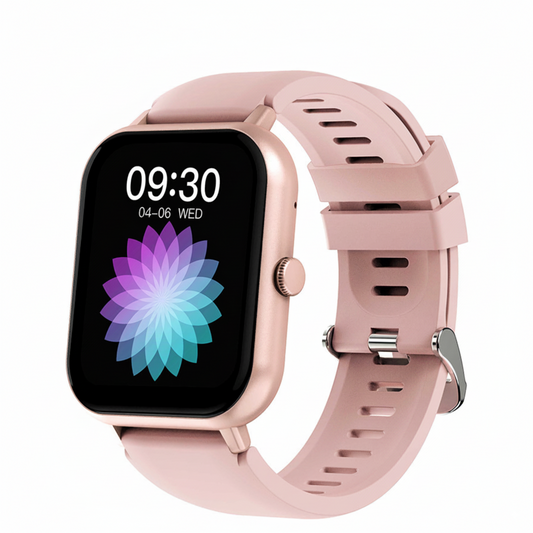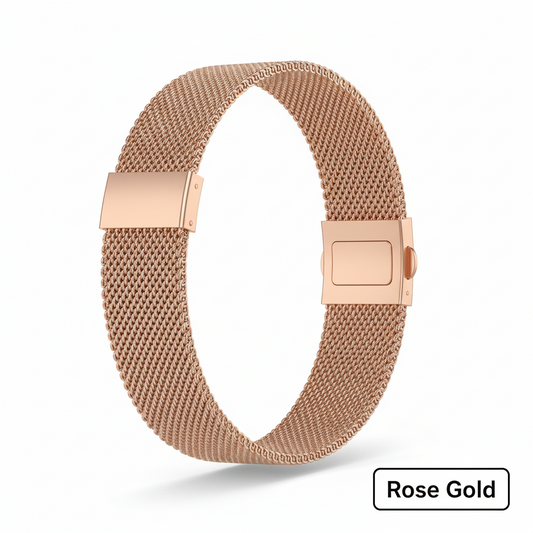Fall is one of the most special times of the year. With cooler temperatures, falling leaves, and shorter days, our bodies also go through some changes. This season is a perfect opportunity to adjust our diets and ensure we are eating foods that strengthen us, provide energy, and support overall well-being—especially if you're over 55.
Why is it important to adjust your diet in the fall?
As the weather gets colder and daylight decreases, our immune system can become more vulnerable. Additionally, the body tends to need more calories to stay warm, which may increase appetite. For this reason, choosing the right foods during fall can help:
- Strengthen the immune system, preventing colds and the flu.
- Maintain energy balance, ensuring you don’t gain excess weight.
- Support cardiovascular health and other vital systems.
- Protect your skin, which can become drier due to changing weather conditions.
Recommended Foods for Fall
-
Pumpkin Pumpkin is the iconic symbol of fall and an excellent source of beta-carotene, which converts into vitamin A in our bodies. Vitamin A is crucial for eye health and skin protection, and its antioxidant properties help strengthen the immune system. Additionally, pumpkin is low in calories, making it an ideal food if you're watching your weight.
Recommendation: Prepare a warm pumpkin soup, perfect for a comforting and nutritious dinner.
-
Chestnuts Chestnuts are a fall classic. Unlike other nuts, they are lower in calories and rich in fiber, which helps maintain healthy digestion. They also provide important minerals like magnesium and potassium, which are essential for heart and muscle health.
Recommendation: Enjoy roasted chestnuts as a healthy snack or incorporate them into purees to accompany main dishes.
-
Apples and Pears These fruits are at their best during fall. They are high in soluble fiber, which helps regulate cholesterol and blood sugar levels. Additionally, they are excellent for hydration due to their high water content.
Recommendation: Try baked apples or pears with cinnamon for a healthy dessert, or add them to your salads for a fresh twist.
-
Mushrooms Mushrooms are not only delicious, but they’re also packed with nutrients like selenium, which acts as an antioxidant, and vitamin D, which can be harder to get during the fall and winter due to less sun exposure. Mushrooms also have anti-inflammatory properties and help boost the immune system.
Recommendation: Add mushrooms to soups, stir-fries, or omelets for an extra touch of flavor and nutrition.
-
Pomegranate Pomegranates are in season during fall and are full of antioxidants, especially polyphenols, which help protect cells from damage. They also have anti-inflammatory properties, making them a great ally for heart health and joint care—especially important for people over 55.
Recommendation: Sprinkle pomegranate seeds over salads or yogurt for a fresh and sweet addition.
-
Sweet Potatoes Sweet potatoes are another fall superstar. Rich in vitamins A and C, along with potassium and fiber, they are great for cardiovascular health and maintaining energy levels. Their naturally sweet flavor makes them a versatile kitchen ingredient.
Recommendation: Roast them or mash them for a tasty side dish.
-
Walnuts Walnuts are an excellent source of healthy fats, particularly omega-3 fatty acids, which are essential for brain and heart health. They also contain antioxidants that combat cellular aging and can help reduce inflammation.
Recommendation: Add them to salads, yogurt, or enjoy them as a snack to get all their benefits.
Additional Tips for Healthy Fall Eating
- Stay hydrated: Even though the weather is cooler and you may not feel as thirsty as in the summer, it’s crucial to stay hydrated. Homemade soups and broths are a great way to increase your fluid intake.
- Eat seasonal foods: Seasonal produce is not only more nutritious, but it’s also more affordable and environmentally friendly.
- Don’t forget protein: Make sure to include high-quality proteins in each meal. Legumes, eggs, and fish such as salmon are excellent options.
- Watch your portions: It’s normal to feel hungrier in colder weather. Opt for nutrient-dense meals with a good balance of macronutrients to avoid unnecessary weight gain.
Fall gives us the opportunity to enjoy nutritious and delicious foods that are both comforting and packed with health benefits. Incorporating these seasonal foods into your diet will not only help you feel better but also prepare you for the colder months ahead. Remember, after age 55, maintaining a balanced diet is key to staying active and healthy, making every meal choice count.
Would you like to learn more about how smartwatches can help you maintain a healthy lifestyle and track your well-being? At Smartpulse Store, we offer a variety of smartwatches that can monitor your physical activity, sleep, and much more. Visit us and start taking care of yourself today!





